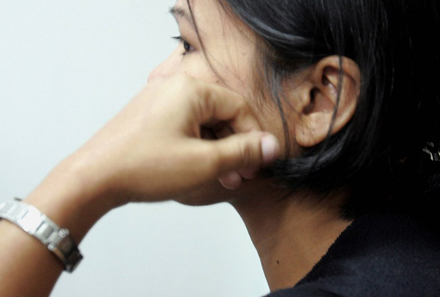Singapore’s 200,000 house maids are a common feature of middle class homes – about one in seven households have a foreign live-in domestic worker.
At first glance, maids seem to be the clearest embodiment of Singapore’s hardworking national character; each works an average of 14 hours a day, with 12 per cent taking only one day of rest per week. They form a vital section of Singaporean society, allowing women to enter the workforce and public sphere. But, despite their indispensable role, the too-often invisible maid is caught up in a complex web of oppression.
Formally known as Foreign Domestic Workers (FDWs), maids in Singapore come from poorer neighbouring countries, like the Philippines, Indonesia and Sri Lanka. Many have university-level qualifications but find that they can earn much more money working as a maid in Singapore. Often, the money they earn is an important source of remittances for their families and communities in their home countries.
But increased financial freedom doesn’t mean personal freedom. Too often maids suffer physical and personal abuse at the hands of their employers.
Read the full story here.
Bianca Hennessy is an undergraduate student at the ANU College of Asia and the Pacific. This is an edited extract of an article originally written for the course Southeast Asian Landscapes of Power.
 Facebook
Facebook  Twitter
Twitter  Soundcloud
Soundcloud  Youtube
Youtube  Rss
Rss 